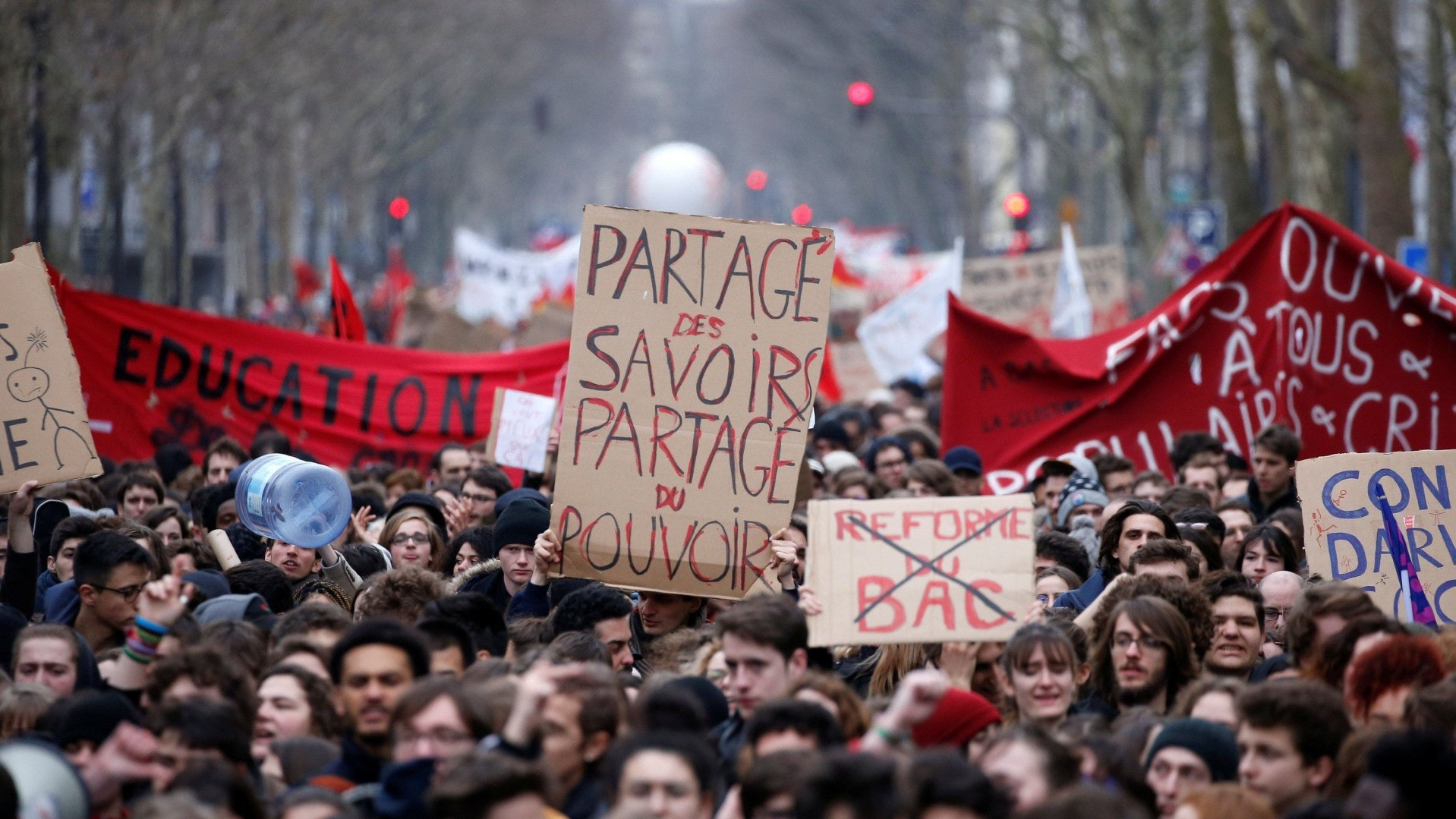 In recent days, Europe’s trade and logistics sectors have been hit by a wave of turbulence. The European Commission is preparing to cut the duty-free import quota for steel by half, while labor strikes at the Port of Rotterdam have brought container operations to a standstill. With about 13 vessels already delayed and negotiations between unions and employers still ongoing, this situation is sending shockwaves through global shipping networks — especially for exporters and freight forwarders connected to China–Europe routes.
In recent days, Europe’s trade and logistics sectors have been hit by a wave of turbulence. The European Commission is preparing to cut the duty-free import quota for steel by half, while labor strikes at the Port of Rotterdam have brought container operations to a standstill. With about 13 vessels already delayed and negotiations between unions and employers still ongoing, this situation is sending shockwaves through global shipping networks — especially for exporters and freight forwarders connected to China–Europe routes.
1. EU Moves to Halve Steel Import Quotas
The first development centers on the European Union’s new steel import policy. The European Commission plans to halve duty-free quotas for imported steel, and any shipments exceeding that quota will face an additional 50% tariff. This move aims to protect domestic steel producers amid global oversupply pressures. However, for Chinese exporters and freight forwarders, it means higher costs, potential contract renegotiations, and a need to re-evaluate long-term logistics pricing strategies.
2. Rotterdam Port Workers Stage a 48-Hour Strike
Meanwhile, at Europe’s largest port — Rotterdam — lashers (mooring and lashing workers) began a 48-hour strike on October 8, demanding higher wages. The strike has severely disrupted container loading and unloading operations, leaving vessels stranded and shipping schedules in disarray.
3. More Ships Affected as the Strike Escalates
With 13 ships now affected and no settlement yet in sight, the labor action is expected to continue until at least Friday afternoon unless a new agreement is reached.
These seemingly separate developments actually reveal a broader picture: Europe is entering a period of industrial protectionism, rising labor costs, and growing supply chain fragility. For Chinese freight forwarders and exporters, this combination of tariff pressure and port disruption requires heightened vigilance and flexibility.
From Hanyue International’s perspective, several key actions are essential:
Closely monitor the EU’s tariff decisions and re-assess clients in the steel and metal sectors for cost impact.
Prepare alternative routing plans for Europe-bound cargo, especially those relying on Rotterdam as a main hub.
Strengthen communication with clients about possible delays, cost adjustments, and contractual risk-sharing.
Include more force majeure clauses in future contracts to mitigate risks from sudden policy changes, strikes, or port closures.
In an era where global logistics faces constant volatility, policy and labor risks have become major factors affecting shipping schedules, costs, and customer experience. Hanyue International will continue to track European trade and port developments, providing clients with timely insights and contingency strategies — ensuring stability and reliability in every shipment, even amid uncertainty.






